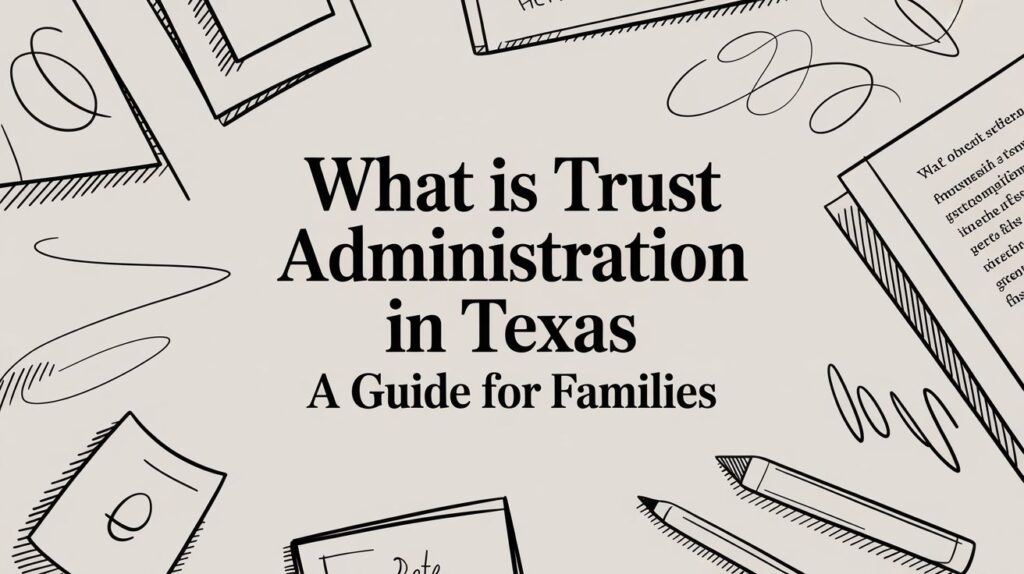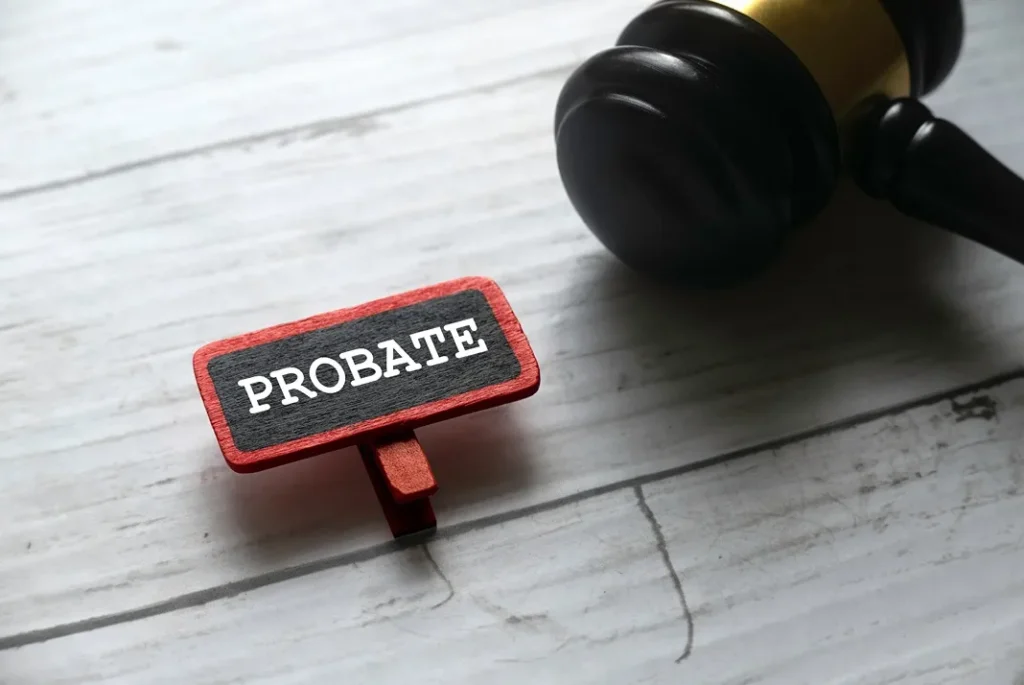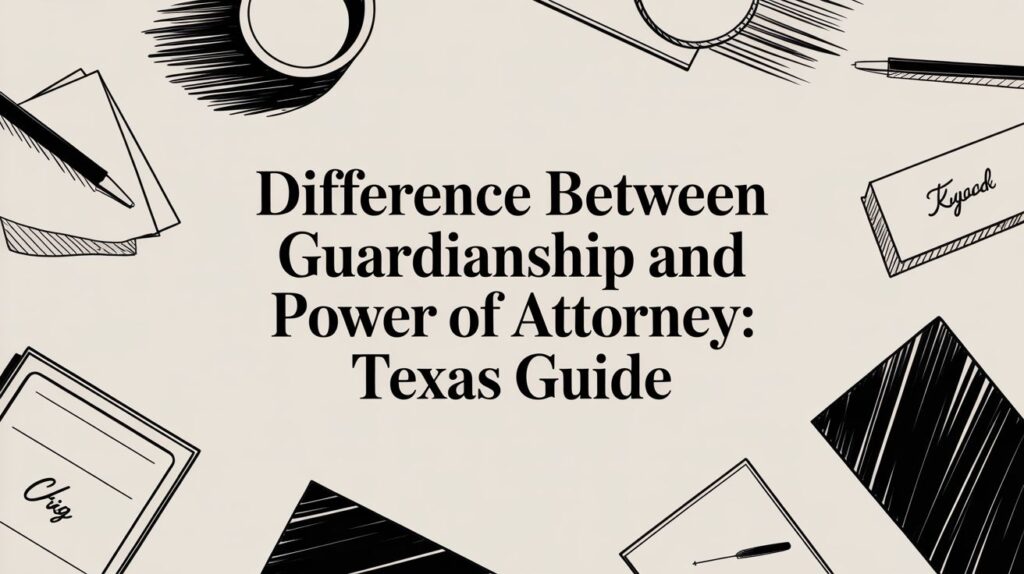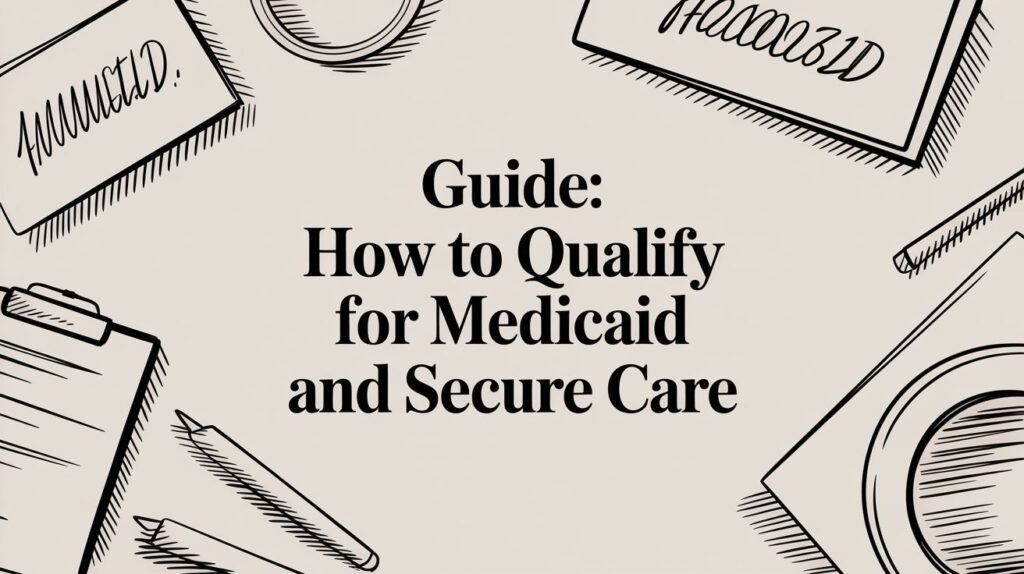Most people never imagine they’ll find themselves tangled in the legal web of probate court, let alone in the uncomfortable position of contesting a will. But it happens more often than you might think—especially when questions arise about fairness, capacity, or undue influence. In these emotionally charged situations, hiring a probate attorney isn’t just helpful—it’s absolutely critical.
This article lays out exactly why hiring a probate attorney is essential for contesting a will, from an insider’s perspective. We’ll walk through what probate attorneys actually do, how they challenge problematic wills, and why trying to navigate the process without legal support can backfire in big ways. You’ll also read real-life examples and practical strategies that make the probate process more manageable—and successful—for families just like yours.

What Is Probate, and Why Does It Matter?
The Legal Framework Behind Inheritance
Before diving into will contests and attorneys, it’s important to understand what probate is. Probate is the legal process through which a deceased person’s assets are distributed. If there’s a valid will, the court ensures it’s honored. If not, state intestacy laws apply.
The court’s role is to:
- Validate the will (if there is one)
- Confirm the named executor or appoint one
- Supervise the distribution of the estate
- Address any challenges or disputes
When someone files a will contest, the court hits pause on the distribution and shifts into litigation mode. At that point, it’s no longer a simple estate transfer—it’s a legal battle.
This is exactly when hiring a probate attorney becomes essential. You’re no longer just grieving a loved one. You’re also defending what you believe is rightfully yours—or what should never have been changed in the first place.
Common Reasons People Contest a Will
More Than Just Hurt Feelings
Contesting a will isn’t about sour grapes or family drama—at least, not legally. To successfully challenge a will in court, you need valid legal grounds. These include:
- Lack of testamentary capacity – The deceased wasn’t mentally fit to make a will
- Undue influence – Someone pressured or manipulated the deceased
- Fraud or forgery – The will was forged or signed under false pretenses
- Improper execution – The will doesn’t meet legal requirements (e.g., not witnessed correctly)
- Multiple wills – Conflicting versions of the will exist
Each of these claims requires evidence, cross-examination, and legal arguments. That’s why hiring a probate attorney is essential for contesting a will—because the court won’t just take your word for it.
Real-Life Case: When a Caregiver Changed Everything
Let’s take the example of Margaret, a retired teacher in San Antonio. In her final years, she developed dementia. One of her caregivers began spending more time with her, and eventually, Margaret changed her will—cutting out her children and leaving everything to the caregiver.
After Margaret passed, the children were shocked. The will was completely different from the one they’d seen years before.
They believed she’d been manipulated—but proving that wasn’t easy. Their probate attorney gathered medical records, interviewed the caregiver under oath, and presented evidence showing how the caregiver had isolated Margaret. The court eventually ruled the will invalid due to undue influence.
Without an attorney, Margaret’s children would’ve had no idea how to challenge the will legally. This case clearly illustrates why hiring a probate attorney is essential for contesting a will—especially when emotions run high and legal complexity grows fast.
What a Probate Attorney Actually Does in a Will Contest
More Than Just Filing Paperwork
Most people think of attorneys as courtroom warriors—and they are—but a probate attorney’s role goes far beyond arguing in front of a judge.
Here’s what they do in a will contest:
- Review the will and supporting documents for red flags
- Investigate the circumstances around the will’s creation
- Interview witnesses (doctors, caregivers, family members)
- Gather medical records to determine mental capacity
- Identify procedural errors (like missing witnesses or improper notarization)
- Prepare legal motions and court filings
- Cross-examine the opposing side and their experts
- Negotiate settlements or mediate disputes if possible
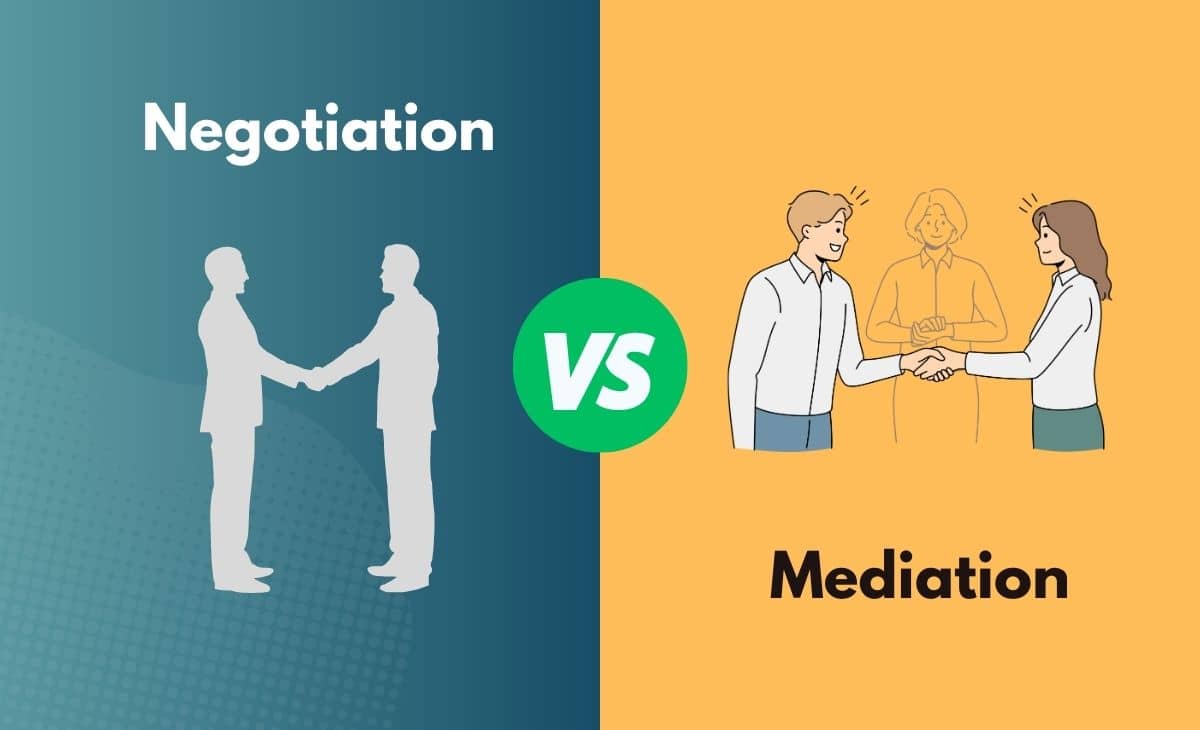
Essentially, they build the legal case, piece by piece. This is why hiring a probate attorney is essential for contesting a will—because no matter how legitimate your concerns may be, they won’t hold up in court without legal structure and evidence.
The Emotional Complexity of Will Contests
Probate Isn’t Just Legal—It’s Personal
No one contests a will in a vacuum. These cases often pit family members against each other, reopening old wounds and introducing new conflicts. Emotions run high, especially when one sibling believes another “got more than they deserved.”
Hiring a probate attorney not only gives you legal strength but also provides emotional distance. Your lawyer becomes your advocate, negotiator, and strategist—while you focus on healing and honoring your loved one’s legacy.
Example: In a Houston case, three siblings fought over their mother’s will. The youngest claimed their older brother forced their mom to rewrite the will while in hospice. The court battle dragged on for over a year—until all three attorneys negotiated a split that avoided further litigation.
In this context, hiring a probate attorney is essential for contesting a will not only to prove your legal point but to manage personal tensions that, if unchecked, could fracture families permanently.
The High Stakes of Getting It Wrong
You Only Get One Shot
In Texas, you typically have two years from the time the will is admitted to probate to file a contest. But waiting too long can limit your options—or eliminate them entirely.
If the court finalizes the will before you raise objections, your legal remedies may disappear. And if you file your own documents incorrectly or miss a deadline, the court can dismiss your claim outright.
Probate is one area of law where there are no do-overs. That’s why hiring a probate attorney is essential for contesting a will—they’ll make sure you’re not navigating a minefield alone.
DIY Will Contests: What Can Go Wrong?
Spoiler Alert: Pretty Much Everything
Some people believe they can represent themselves inprobate court to save money. While it’s technically legal to do so, it’s rarely a good idea.
Here’s why self-representation often fails:
- Lack of knowledge about Texas probate laws
- Inability to gather admissible evidence
- Poor understanding of legal procedures
- Emotional involvement clouding judgment
- Intimidation by opposing counsel
- Missing court deadlines
Judges are held to a standard of impartiality—they won’t help you “figure it out” because you’re representing yourself. On the other hand, your opponent’s attorney will use every procedural rule to their advantage.

Without question, this is another area where hiring a probate attorney is essential for contesting a will effectively.
When to Hire a Probate Attorney
Timing Is Everything
If you’re thinking about contesting a will, don’t wait until the hearing is a week away. Hire a probate attorney as early as possible, preferably the moment you suspect something is wrong.
Look out for these signs:
- The will was changed shortly before death
- The deceased had cognitive impairments
- A caregiver or outsider suddenly became the main beneficiary
- Family members were excluded unexpectedly
- The will lacks proper witnesses or signatures
- The executor is not being transparent
An experienced attorney can assess the will, review medical records, and begin collecting the facts needed to build a solid case. Early action allows your attorney to prepare thoroughly—another reason why hiring a probate attorney is essential for contesting a will in a timely and effective way.
How to Choose the Right Probate Attorney
Not All Lawyers Are Created Equal
You want someone who not only knows the law but understands how emotionally charged these cases can be. Here’s what to look for when hiring a probate attorney:
- Experience in will contests and probate litigation
- Good communication—they return calls and explain things clearly
- Courtroom presence—they’re comfortable in front of a judge
- Client reviews or references
- Transparency about fees and process
Tip: Ask if they’ve handled cases similar to yours. If they’ve worked with families in disputes over undue influence or capacity issues, they’ll be better equipped to handle your case.
Potential Outcomes of Contesting a Will
What Happens After You File?
When you contest a will, the process can unfold in several ways:
- The court agrees with your challenge and invalidates the will
- A settlement is reached before trial, often dividing the estate differently
- The court upholds the will and the original distribution stands
- The case gets dismissed for lack of evidence or procedural error

Depending on the facts, your attorney might pursue a partial contest—challenging only one part of the will—or argue for a previous version of the will to be reinstated.
Understanding these possible outcomes further reinforces why hiring a probate attorney is essential for contesting a will—the stakes are too high to leave to chance.
Final Thoughts on Why Hiring a Probate Attorney Is Essential for Contesting a Will
Probate is more than paperwork—it’s a legal and emotional minefield, especially when wills are contested. Between court deadlines, evidentiary standards, and emotional family dynamics, you need someone in your corner who understands both the law and the human side of the situation.
If you believe a will is invalid, unjust, or the product of manipulation, you owe it to yourself—and your family legacy—to act fast and smart. Hiring a probate attorney is essential for contesting a will because it’s your best shot at uncovering the truth, correcting injustices, and protecting what’s rightfully yours.
Don’t let confusion or fear hold you back. With the right legal help, you can step into probate court with confidence and come out with your head held high.



